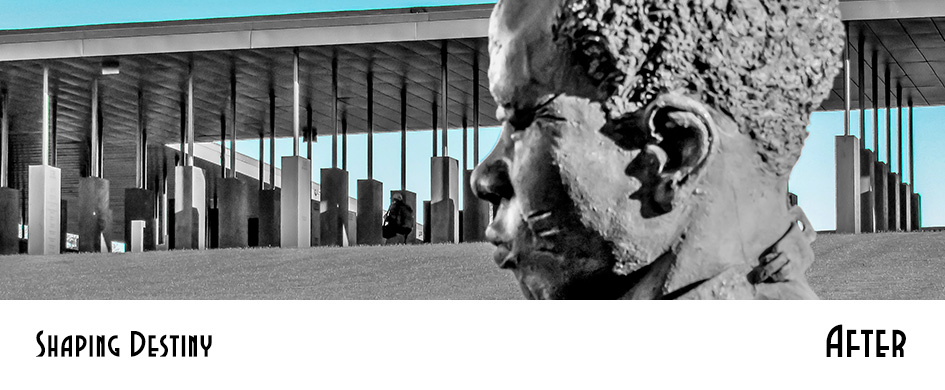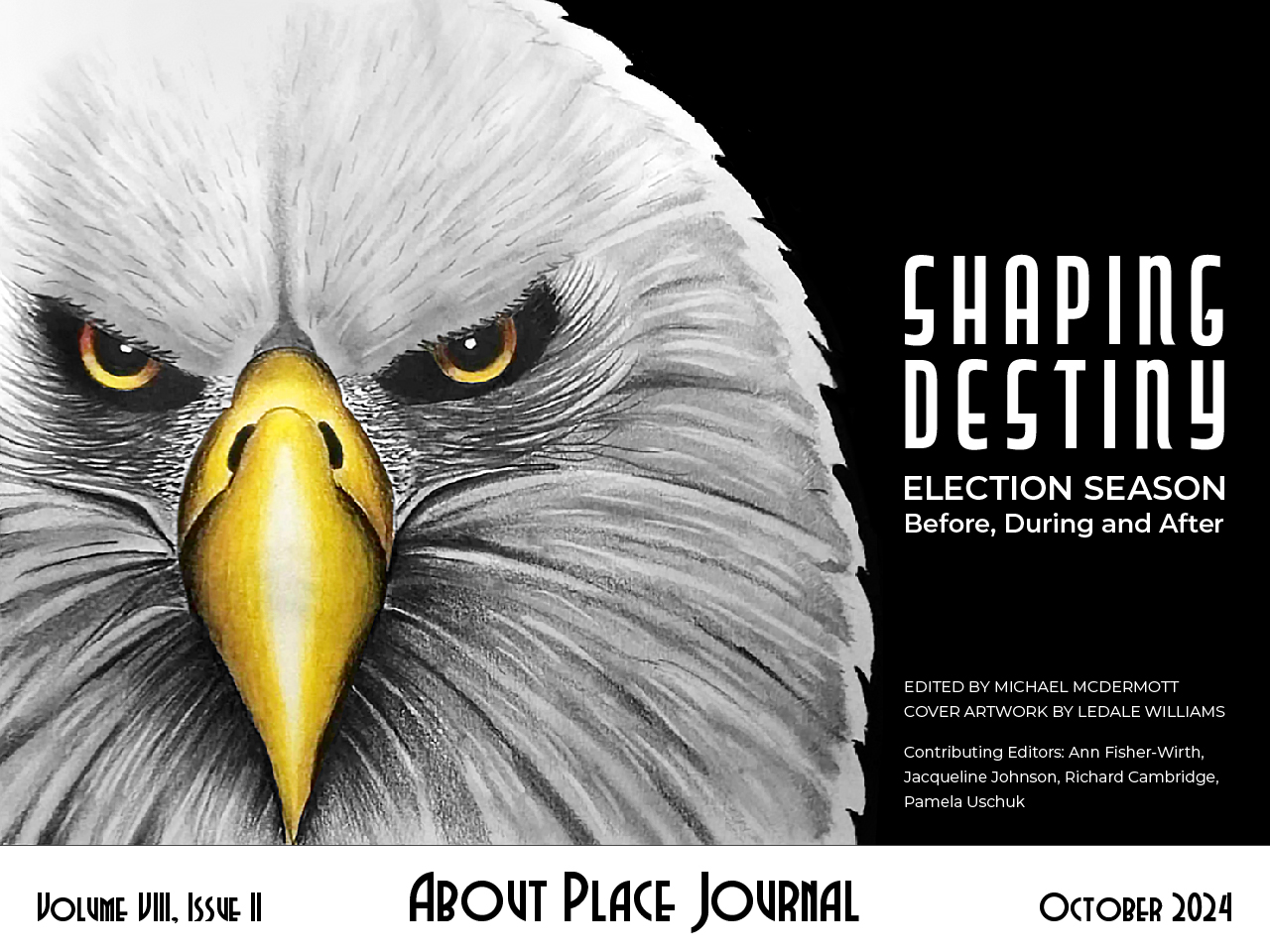I’m walking under a sky dense with cloud cover.
Sunset flames as the cloud breaks open.
Stripes of water glimmer pure cobalt
through a stand of evergreens.
A few trees hold onto their brilliance.
Ahead on the road, a buck turns to look at me
while I listen to The Great Mortality on my phone,
history of epidemics, hysteria and blaming in the Middle Ages
and on to the centuries that followed—Jews
caused the plagues—shoot them, burn them!
No need for trial or even accusation.
I pass my neighbor’s truck wearing a sticker that signals
this year’s rumbling and shouting—Trump is Still My President;
As a Former Fetus, I Choose Life; Take Your Covid Vaccine
and Shove It—connected underground
like mushrooms, extending across the country,
hate that can show its face any time, drive its truck into a crowd.
The earth chokes from the hate. I feel it in my bones
as I walk lonely under that fiery sunset.
In the yard, a swarm of swallows zig zags,
gathering for the southward flight.
All is quiet except the birds.
I’m still in love with this world,
how it goes on while we try so hard to trouble it.


